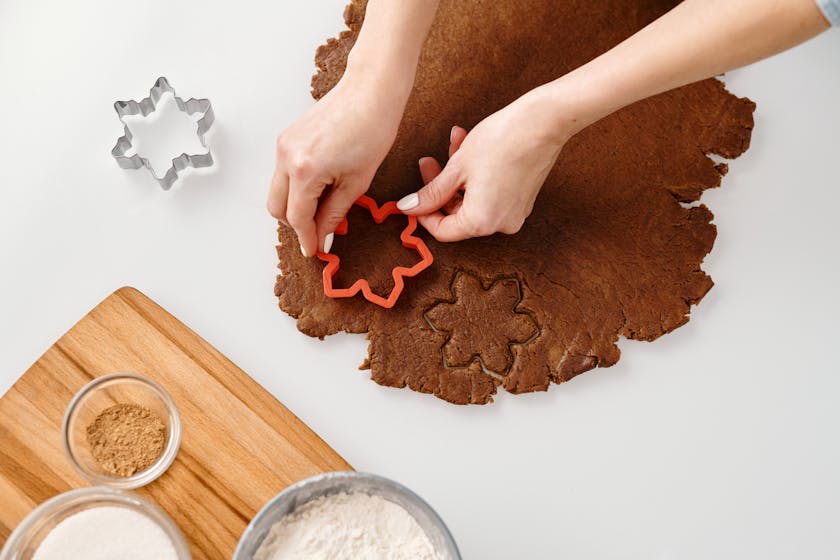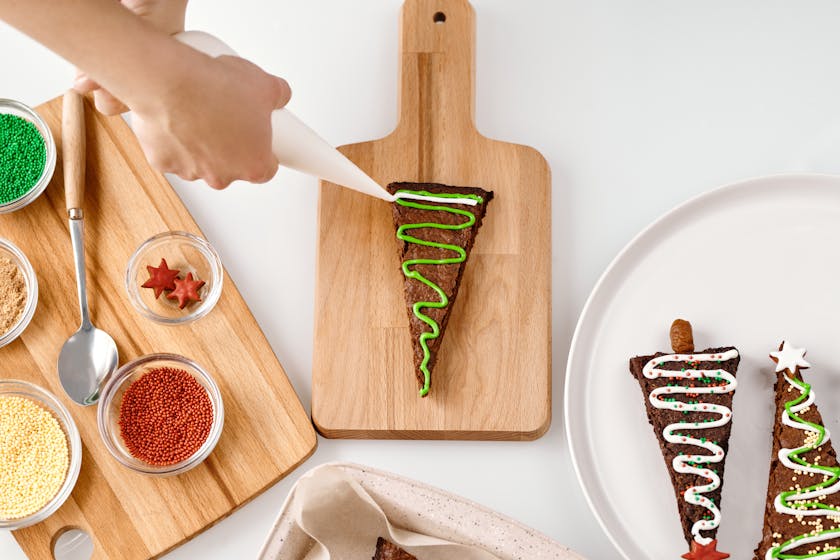When it comes to bulk meal prep for dietary restrictions, it’s all about planning and creativity. This comprehensive guide will walk you through the steps to efficiently prepare meals that cater to specific dietary needs, ensuring a month full of hassle-free, healthy eating.
The Benefits of Once-a-Month Cooking with Dietary Restrictions
Bulk meal prep is a lifesaver for anyone with a busy schedule, but it becomes even more crucial when dietary restrictions are in play. Preparing your meals once a month can help you stick to your dietary needs without the daily stress of cooking. It’s cost-effective, time-saving, and ensures that you have control over what you eat. Additionally, it minimizes the risk of cross-contamination that can occur when preparing meals alongside others without restrictions.
Start with a Solid Plan
Before you begin your once-a-month cooking journey, you’ll need a solid plan. This involves:
- Understanding your dietary restrictions: Whether it’s gluten-free, nut-free, low-FODMAP, vegan, or any other restriction, know exactly what ingredients you need to avoid.
- Researching recipes: Find a variety of recipes that are safe for your dietary needs and that you’ll enjoy eating throughout the month.
- Creating a master ingredient list: Compile a comprehensive shopping list from your chosen recipes to ensure you have everything you need.
- Scheduling your cooking day: Choose a day when you can dedicate several hours to cooking and storing your meals.
Organize Your Kitchen and Ingredients
Efficiency is key in bulk meal prep. Organize your kitchen space and ingredients before you start cooking. This means:
- Clearing counters and workspace: Ensure you have plenty of room to work without clutter.
- Grouping ingredients by recipe: This will save time and reduce the risk of using an ingredient you need to avoid.
- Prepping ingredients: Wash, chop, and measure out your ingredients in advance.
Cooking and Storing Your Meals
Cooking in batches is the essence of bulk meal prep. Focus on one recipe at a time to streamline the process. Once a dish is cooked, allow it to cool before dividing it into portion-sized containers. When it comes to storing your meals, you can either refrigerate them if they will be eaten within a few days or freeze them for long-term storage. Make sure to label each container with the name of the dish, the date it was cooked, and any reheating instructions.
Reheating and Enjoying Your Meals
When it’s time to eat, simply select a meal from your fridge or freezer. If frozen, you may need to thaw it in the refrigerator overnight. Follow the reheating instructions you labeled on the container, ensuring the meal is heated thoroughly. Enjoy the convenience of a quick, healthy meal that adheres to your dietary restrictions!
Tips for Successful Bulk Meal Prep
Here are some additional tips to ensure your bulk meal prep is a success:
- Invest in quality storage containers: Good quality, airtight containers will keep your food fresh and prevent freezer burn.
- Consider variety: Prepare a mix of different types of meals to avoid boredom.
- Plan for snacks: Don’t forget to prepare some grab-and-go snacks that meet your dietary restrictions.
- Stay flexible: If something doesn’t go as planned, adjust your recipes or prep process accordingly.
By following these steps, you’ll find that once-a-month cooking, even with dietary restrictions, can be an enjoyable and rewarding process. You’ll save time, reduce stress, and most importantly, maintain a diet that’s right for you.


